The Middle East Institute and the Fondation pour la Recherche Stratégique, the French-speaking world's leading think tank on strategic and security issues, conducted a full-day conference with over 200 participants, comparing and assessing the policies of the United States and the European Union with regard to preventing the advance of radicalized violent groups such as the Islamic State.
Through expert presentations, the examination of case studies, and lively exchanges, the conference identified the challenges and best practices for countering radical groups and advaned the productive dialogue between U.S., European, and regional policy experts and practitioners.
Related Paper Series: Understanding Deradicalization: Pathways to Enhance Transatlantic Common Perceptions and Practices
Conference recap
Welcoming Remarks: Denis Chaibi and Gonul Tol [PODCAST]
- Transcript of Denis Chaibi's remarks
Keynote Address: Rand Beers [PODCAST]
Panel 1: Why Do People Turn to Extremism? [PODCAST]
Panelists: Amb. Akbar Ahmed, Moataz Fattah, Jean-Luc Marret, and Gonul Tol
Moderator: Kimberly Dozier
Panel 2: Preventing Radicalization at the Local Level [PODCAST]
Panelists: Aloke Chakravarty, Maqsoud Kruse, and Judy Korn
Moderator: Paul Salem
Panel 3: Countering the Lure of the Islamic State [PODCAST]
Panelists: R. Kim Cragin, Amb. James Larocco, Thomas Lynch, and Malcolm Nance
Moderator: Abderrahim Foukara
Closing Remarks: Jean-Luc Marret [PODCAST]
Speaker Biographies:
Additional speaker information to come
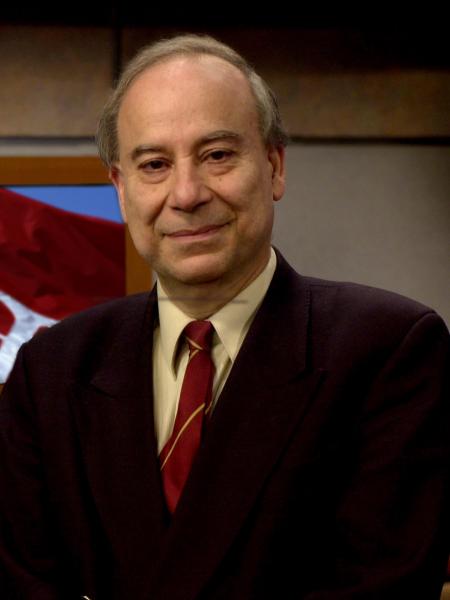 Amb. Akbar Ahmed
Amb. Akbar Ahmed
Ibn Khaldun Chair of Islamic Studies, American University
Amb. Akbar Ahmed is the Ibn Khaldun chair of Islamic Studies at American University in Washington, D.C and the former Pakistani high commissioner to the UK and Ireland. He has served as a nonresident senior fellow at the Brookings Institution and was the First Distinguished Chair of Middle East and Islamic Studies at the U.S. Naval Academy in Annapolis, MD. Previously, Amb. Ahmed was the Chair of Pakistan Studies and Fellow of Selwyn College at the University of Cambridge. He also taught at Harvard and Princeton universities. He is the author of over a dozen award-winning books including a quartet of studies published by Brookings Press examining relations between the West and the world of Islam after 9/11: Journey into Islam: The Crisis of Globalization (2007), Journey into America: The Challenge of Islam (2010), The Thistle and the Drone: How America's War on Terror Became a Global War on Tribal Islam (2013), and Journey into Europe: Islam, Immigration, and Empire (forthcoming).
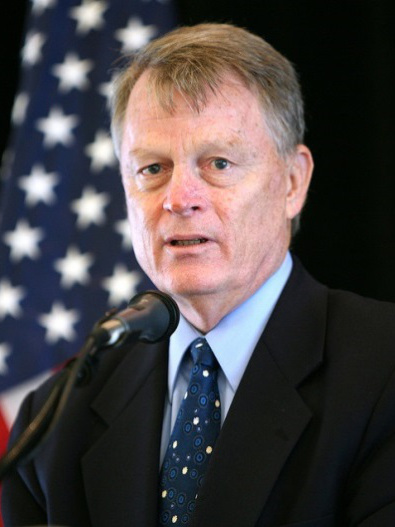 Rand Beers
Rand Beers
Former Acting Secretary, U.S. Department of Homeland Security
Rand Beers served as deputy assistant to President Obama and as deputy homeland security advisor on the National Security Council staff from January 2014 to March 2015. Previously, Mr. Beers served as acting secretary of the U.S. Department of Homeland Security (DHS). As DHS under secretary for the national protection and programs directorate, he led integrated efforts to reduce the risks to physical, cyber, and communications infrastructure. He concurrently served as the counterterrorism coordinator, overseeing operational and policy functions to prevent, respond to, and mitigate threats to U.S. national security from acts of terrorism. Mr. Beers held numerous diplomatic and policy-making appointments over more than 30 years with the Department of State, culminating in service as assistant secretary for International Narcotics and Law Enformcement Affairs from 1998-2002. On detail from State, he served on the NSC staff under four presidents, as director for counter-terrorism and counter-narcotics (1988-1992), director for peacekeeping (1993-1995), special assistant to the president and senior director for intelligence programs (1995-1998), and special assistant to the president and senior director for combating terrorism (2002-2003).
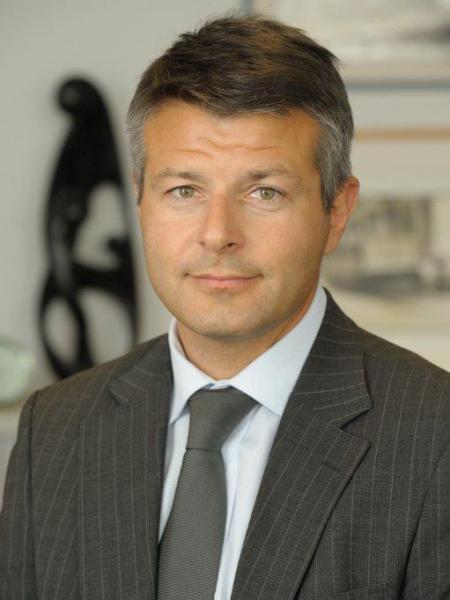 Denis Chaibi
Denis Chaibi
Deputy Head of the Political Section, EU Delegation to the United States
Denis Chaibi is a senior diplomat in the European External Action Service, serving in Washington. He previously served as the administrator for the EU's relations with India in the European Commission, and then on the personal staff of the Commissioner for Budget and Human Resources, Kristalina Georgieva. In 2004, Mr. Chaibi was appointed as an assistant European correspondent in the Commission secretariat, focusing on the EU's Common Foreign and Security Policy. He worked for several years as head of sector in the trade defense instruments directorate. In parallel, Mr. Chaibi taught courses on international relations at the Brussels Free University, Boston University, and Yale University, where he was the EU fellow in 2003-2004.
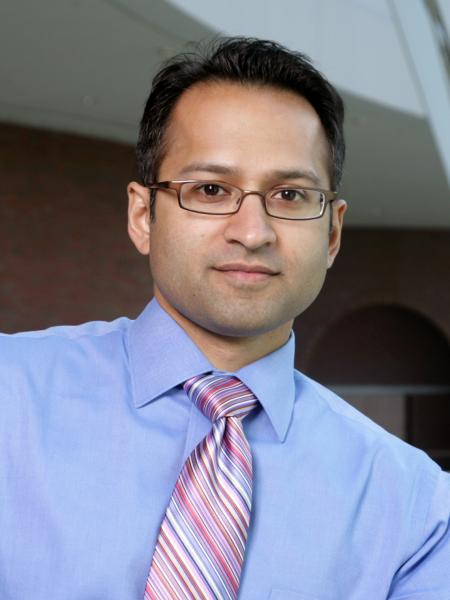 Aloke Chakravarty
Aloke Chakravarty
Assistant U.S. Attorney for the District of Massachusetts
Aloke Chakravarty is a top litigator for the U.S. Department of Justice in the federal district comprising the Commonwealth of Massachusetts. Mr. Chakravarty focuses on matters involving national security and human rights, most recently, investigating and prosecuting the Boston Marathon bombing case. Prior to that, he led prominent prosecutions involving genocide, material support to terrorism, and international terrorism financing. He prosecuted briefly at the International Criminal Tribunal for the former Yugoslavia and served as an attorney to the FBI and to the Justice Department’s intelligence office. For over a decade, Mr. Chakravarty has driven government outreach in Massachusetts related to the intersection of civil rights and national security by developing civic engagement and community resiliency. He has taught and written about the legal and pragmatic issues related to terrorism, and strategies to mitigate them.
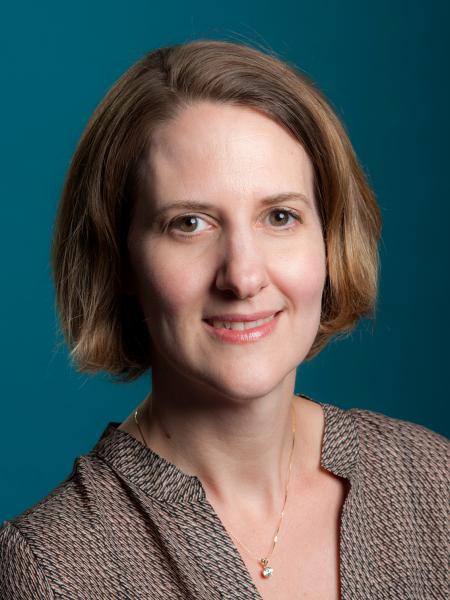
R. Kim Cragin
Senior Political Scientist, RAND Corporation
R. Kim Cragin is a senior political scientist and cultural historian at the RAND Corporation and has been an adjunct professor at Georgetown University and the University of Maryland. Her scholarly focus is on terrorism-related issues. Ms. Cragin has testified before the U.S. Congress several times on al-Qa’ida radicalization and recruitment. She recently led an exploratory project on why individuals do not become terrorists, which focused on the Palestinian West Bank. She also has conducted fieldwork in Pakistan, Yemen, Egypt, northwest China, and Sri Lanka, among others. Select RAND publications include Terrorism and Development (2003) and Social Science for Counterterrorism (2010). She has also published academic articles outside RAND, including “A Recent History of al-Qa’ida” (Historical Journal, 2014), “Resisting Violent Extremism: A Conceptual Model for Non-Radicalization,” (Terrorism and Political Violence, 2013), and Women as Terrorists (Praeger, 2009).
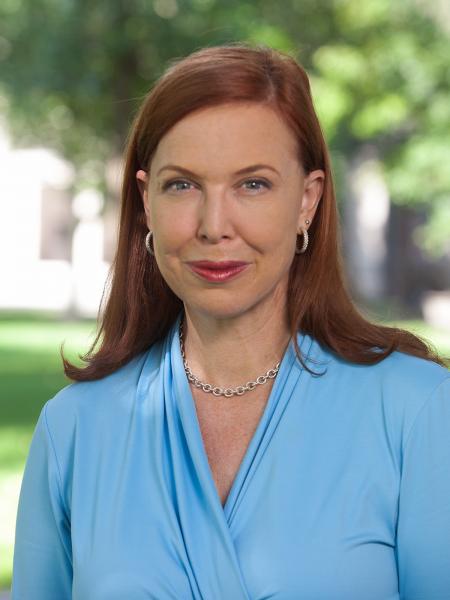 Kimberly Dozier
Kimberly Dozier
CNN Global Affairs Analyst and Daily Beast Contributor
Kimberly Dozier is a CNN global affairs analyst & Daily Beast contributor, focusing on special operations and counterterrorism. She spent four years as the intelligence writer for The Associated Press and made several trips to cover the war in Afghanistan and terrorism in Pakistan. From 2007 to 2010, she covered foreign and national security for the CBS Evening News in Washington and spent the decade prior reporting for CBS in conflict zones including Iraq, Afghanistan, Israel and the Palestinian territories, Kosovo and Northern Ireland. She is the author of Breathing the Fire: Fighting to Survive and Get Back to the Fight (Fox Chapel Publishing, 2011), about her own recovery from a car bomb, and is currently writing a book on resiliency and clandestine operations.
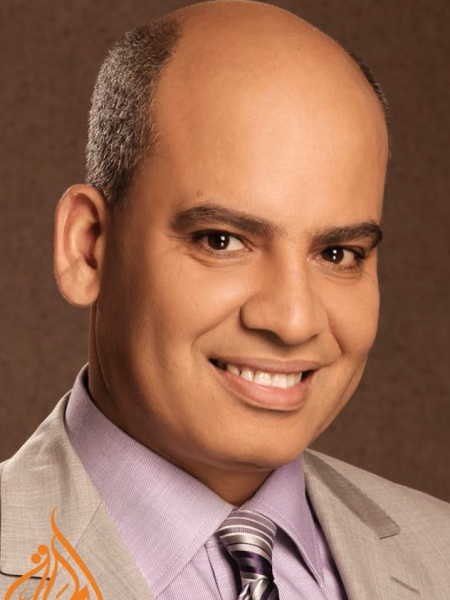 Abderrahim Foukara
Abderrahim Foukara
Regional Director for the Americas, Washington DC Bureau Chief, and host of Min Washington, Al-Jazeera
Abderrahim Foukara is Al-Jazeera’s regional director for the America’s, the bureau chief of Al-Jazeera satellite channel’s Washington D.C. bureau, and the host of Min Washington. As one of the Arab world’s most influential shows, Min Washington offers Arab viewers in-depth and well-informed analysis of U.S. affairs and their impact on both North Africa and the Middle East. Due to his coverage of American and Middle East politics, Mr. Foukara has been an important voice in the U.S. media’s coverage of the Arab Spring. He has appeared as a commentator on many media outlets, including CNN and NPR. In addition to his extensive work with Al Jazeera, Mr. Foukara has served as a correspondent for the BBC World Service and for Public Radio International’s “The World.”

Moataz Fattah
Professor, American University in Cairo
Moataz Fattah is a professor of political economy and public policy at the American University in Cairo and a non-resident fellow at the Center for Strategic and International Studies in Washington, D.C. After the Egyptian revolution, Dr. Fattah served on the advisory body of several Egyptian ministers and the Supreme Council of Armed Forces. He was also a delegate to the Constituent Assembly for the drafting of the post-revolution Egyptian constitution. His research and writing focuses on the relationship between Islam, democracy, and democratization, as well as the difference in economic philosophy between Islamic and Western countries. He has held teaching positions at Central Michigan University, University of Pittsburgh, and Cairo University. Dr. Fattah has authored numerous books including Democractic Values in the Muslim World (Lynne Rienner Pub, 2008). He also writes daily for the Egyptian al-Watan newspaper and is a senior political analyst for several TV channels.
 Judy Korn
Judy Korn
Chief Executive Director and Founding Member, Violence Prevention Network
Judy Korn is the founder and CEO of Violence Prevention Network (VPN), a community-based German NGO that works with individuals who are susceptible to extremism and violent radicalization through prevention and direct dialogue. Since its founding in 2004, VPN has worked closely with federal ministries, prosecutors, law enforcement, and institutional partners to combat radicalization and fundamentalism. In 1999, Ms. Korn started a groundbreaking mediation and anti-violence program in schools that opposed the marginalization of violent and at-risk children. In 2007, Ms. Korn was awarded as an Ashoka fellow for her innovative and practical solutions to the challenges posed by violent radicalization.
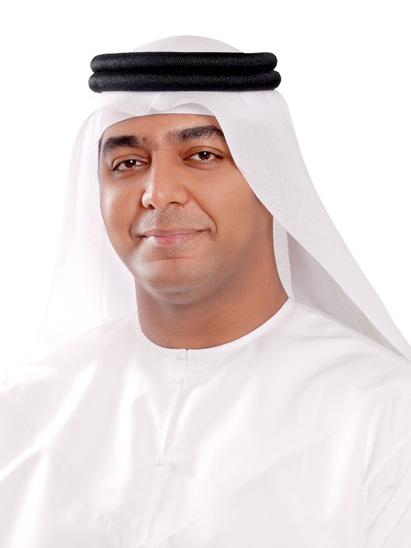 Maqsoud Kruse
Maqsoud Kruse
Executive Director, Hedayah
His Excellency Maqsoud Kruse has served as the executive director of Hedayah, The International Center of Excellence for Countering Violent Extremism, since it was established in December of 2012. Based in Abu Dhabi, Hedayah is an independent international “think & do tank” focused on countering violent extremism in all of its forms and manifestations by conducting dialogue, training, and research. Hedayah was established by the Global Counterterrorism Forum, a multilateral platform of thirty countries and international institutions. Previously, Mr. Kruse served as the head of planning section and later as the psychological affairs advisor at Global Aerospace Logistics, a subsidiary of the Emirates Advanced Investments Group. He is a steering board member for the Global Community Engagement and Resilience Fund, a public-private partnership dedicated to supporting local initiatives to counter violent extremism.
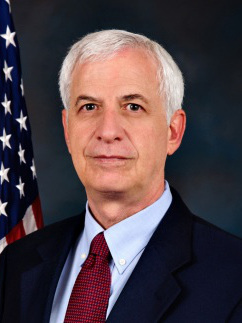 Amb. James Larocco
Amb. James Larocco
Former Director, Near East South Asia Center for Strategic Studies, National Defense University
Ambassador James Larocco was the director of the Near East South Asia Center of Strategic Studies (NESA) at The National Defense University from 2010 to 2013. He served more than 35 years as a career Foreign Service officer, including key leadership assignments related to the Near East region as director general of the Multinational Force and Observers on the Sinai Peninsula (2004-2009), principal deputy assistant secretary of state for near eastern affairs (2001-2004), ambassador to Kuwait (1997-2001), deputy chief of mission and charge d’affaires in Israel (1993-1996), and deputy director of the Department of State office of Pakistan, Afghanistan and Bangladesh affairs. He served in Cairo during the Camp David Treaty period and began his foreign service career in Saudi Arabia. Since his retirement from diplomatic service, he formed JLAR International Consultants and serves as a distinguished professor at NDU NESA.
Thomas Lynch III
Distinguished Research Fellow for South Asia and the Near East, National Defense University
Thomas Lynch III is a distinguished research fellow for South Asia and the Near East at the Institute of National Strategic Studies at the National Defense University (NDU) in Washington, D.C. His research, writing, and lecturing addresses Pakistan, Afghanistan, India and the Subcontinent, the Gulf Arab States, and the trajectory of radical Islam. His many scholarly publications include, The 80% Solution: The Strategic Defeat of bin Laden’s al-Qaeda and Implications for South Asian Security (New American Foundation,2012); Sources of Terrorism and Rational Counters (TRENDS Research and Advisory,2014); and The New Caliphate in West Asia: Impact on al-Qaeda’s Core, Global Jihad and Jihad in South Asia (U.S. Institute of Peace, Forthcoming-2015). Prior to joining NDU in 2010, Dr. Lynch served 28 years as an officer on active duty in the U.S. Army, including assignments as special assistant to the Chairman of the Joint Chiefs of Staff, commander of the U.S. Army war theater support group in Doha, Qatar, director of the advisory group for the commander, U.S. Central Command, and military special assistant to the U.S. ambassador to Afghanistan.
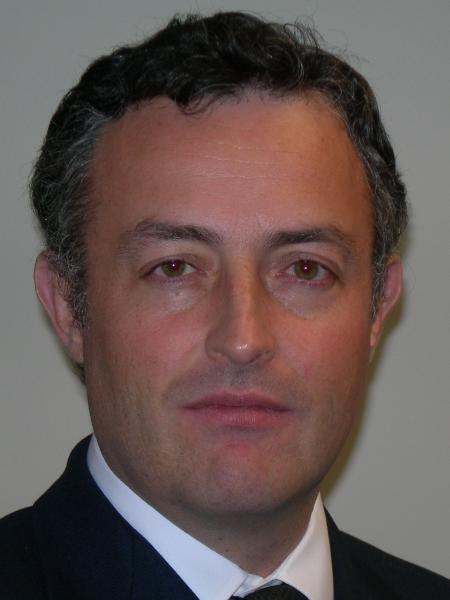 Jean-Luc Marret
Jean-Luc Marret
Senior Fellow, Foundation pour la Recherche Strategique
Jean-Luc Marret is a senior fellow at the Fondation pour la Recherche Stratégique, the leading think tank on international security issues in France, and a senior associate fellow at the Center for Transatlantic Relations, Johns Hopkins University, SAIS. Previously he was an associate professor of U.S. foreign policy, counter-terrorism, and the Middle East at the special military school of Saint-Cyr, France's main military academy. He works on political violence, terrorism, radicalism, conflicts, and conflict prevention issues and has published numerous books in French and in Arabic. He is currently involved in various EU research programs on radicalization study and prevention management (SAFIRE, IMPACT).
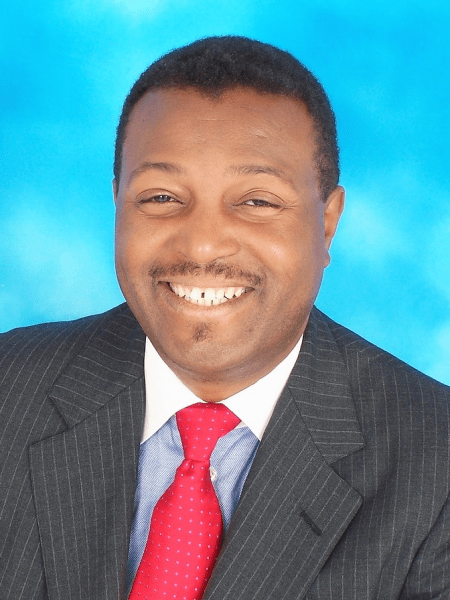
Malcom Nance
Executive Director, Terror Asymmetrics Project on Strategy, Tactics and Radical Ideologies
Malcolm Nance is a counter-terrorism and intelligence consultant for the U.S. government's special operations, homeland security and intelligence agencies. Mr. Nance is a former Navy special intelligence operator, who has been deployed on anti-terrorism and counter-terrorism intelligence operations in the Balkans, Middle East, and sub-Saharan Africa. He served his last four years in the U.S. Navy as a master training specialist where he conceptualized and implemented the Advanced Terrorism, Abduction, and Hostage Survival school (ATAHS) in resisting torture, exploitation and escaping terrorist captivity. After 9/11, he provided support to the special operations and intelligence community on analysis of Al Qaeda and global Jihadi tactics, techniques, and procedures. He has trained and advised numerous international and government agency personnel in terrorist tactics including the U.S. Department of Defense and U.S. Department of Homeland Security. He served as an intelligence contractor in Afghanistan and in Iraq as a security director for the Iraq Economic Redevelopment Program at the Republican palace under the Coalition Provisional Authority in Baghdad, as well as the acting security director for the United Nations inter-NGO security committee for Iraq. He is presently executive director of the Terror Asymmetrics Project on Strategy, Tactics and Radical Ideologies (TAPSTRI) in Hudson, NY.

Paul Salem
Vice President for Policy and Research, MEI
Paul Salem is vice president for policy and research at The Middle East Institute. He focuses on issues of political change, democratic transition, and conflict, with a regional emphasis on the countries of the Levant and Egypt. Salem is the author of a number of books and reports on the Middle East, including most recently Broken Orders: The Causes and Consequences of the Arab Uprisings (Beirut: Dar Annahar, in Arabic, 2013) and "Iraq's Tangled Foreign Relations” (Beirut: Carnegie Middle East Center Report, December 2013). Prior to joining MEI, Salem was the founding director of the Carnegie Middle East Center in Beirut, Lebanon between 2006 and 2013. From 1999 to 2006, he was director of the Fares Foundation and in 1989 founded and directed the Lebanese Center for Policy Studies, Lebanon's leading public policy think tank.

Founder and Director, Center for Turkish Studies, MEI
Gönül Tol is the founding director of the Middle East Institute’s Center for Turkish Studies. She is also an adjunct professor at George Washington University’s Institute for Middle East Studies. She received her Ph.D. degree in Political Science from Florida International University where she was a graduate fellow at the Middle East Studies Center. She previously worked at the U.S. Representative Office of the Turkish Industry and Business Association (TUSIAD), and has lectured as an adjunct professor at the College of International Security Affairs at the National Defense University.












